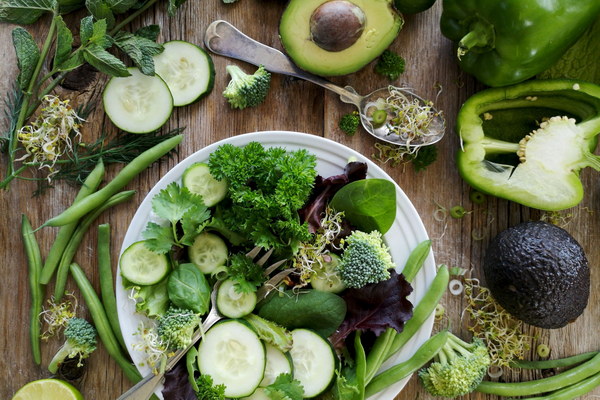Navigating Allergies to Yangwei Shu A Comprehensive Guide for Sensitive Stomachs
Gastrointestinal discomfort and allergies are common issues that affect millions of people worldwide. One product that has gained popularity in recent years for its supposed stomach-soothing properties is Yangwei Shu. However, for those with sensitive stomachs, using this supplement may not be as straightforward. This article aims to explore the potential allergens associated with Yangwei Shu and offer guidance on how to navigate these challenges.
What is Yangwei Shu?
Yangwei Shu is a traditional Chinese medicine (TCM) formula designed to support gastrointestinal health. It contains various herbs and botanicals that are believed to help alleviate symptoms such as bloating, indigestion, and abdominal pain. The formula typically includes ingredients like Radix Astragali, Fructus Schisandrae, and Rhizoma Atractylodis, among others.
Allergies to Yangwei Shu
Despite its potential benefits, some individuals may experience allergic reactions to Yangwei Shu. These reactions can range from mild to severe and may include the following symptoms:
1. Skin reactions: Redness, itching, hives, and eczema are common skin reactions that may occur after taking Yangwei Shu.
2. Respiratory issues: Shortness of breath, wheezing, and coughing are possible allergic reactions that can affect the respiratory system.
3. Gastrointestinal symptoms: Nausea, vomiting, diarrhea, and abdominal pain may occur as a result of an allergic reaction to the formula.
4. Anaphylaxis: In rare cases, a severe allergic reaction known as anaphylaxis can occur, which can be life-threatening. Symptoms include difficulty breathing, swelling of the throat, and a rapid drop in blood pressure.
Identifying Allergens in Yangwei Shu

Identifying allergens in Yangwei Shu can be challenging, as the formula contains a mixture of herbs and botanicals. However, some common allergens to be aware of include:
1. Radix Astragali: This herb may cause allergic reactions in some individuals, particularly those with known allergies to other members of the Fabaceae family.
2. Fructus Schisandrae: Schisandra chinensis, the plant from which Fructus Schisandrae is derived, can cause allergic reactions in sensitive individuals.
3. Rhizoma Atractylodis: Atractylodes macrocephala, the plant source of Rhizoma Atractylodis, may trigger allergic reactions in some people.
Navigating Allergies to Yangwei Shu
If you have a sensitive stomach or known allergies, here are some tips for safely navigating the use of Yangwei Shu:
1. Consult a healthcare professional: Before taking Yangwei Shu, it is crucial to consult with a healthcare professional, such as a doctor or naturopath, to determine if the formula is suitable for you and to discuss any potential allergens.
2. Start with a low dose: If your healthcare professional recommends taking Yangwei Shu, start with a low dose to assess your tolerance. Gradually increase the dosage as needed, while monitoring for any adverse reactions.
3. Monitor for symptoms: Pay close attention to any new or worsening symptoms after taking Yangwei Shu. If you experience an allergic reaction, discontinue use immediately and seek medical attention.
4. Consider alternative options: If you are unable to tolerate Yangwei Shu due to allergies, explore other options for gastrointestinal support, such as dietary changes, herbal supplements, or prescription medications.
5. Be informed: Familiarize yourself with the ingredients in Yangwei Shu and any potential allergens to make informed decisions about its use.
In conclusion, while Yangwei Shu may offer gastrointestinal relief for some, individuals with sensitive stomachs and allergies must approach its use with caution. By consulting healthcare professionals, monitoring for symptoms, and exploring alternative options, those with allergies can safely navigate the challenges associated with using Yangwei Shu.









